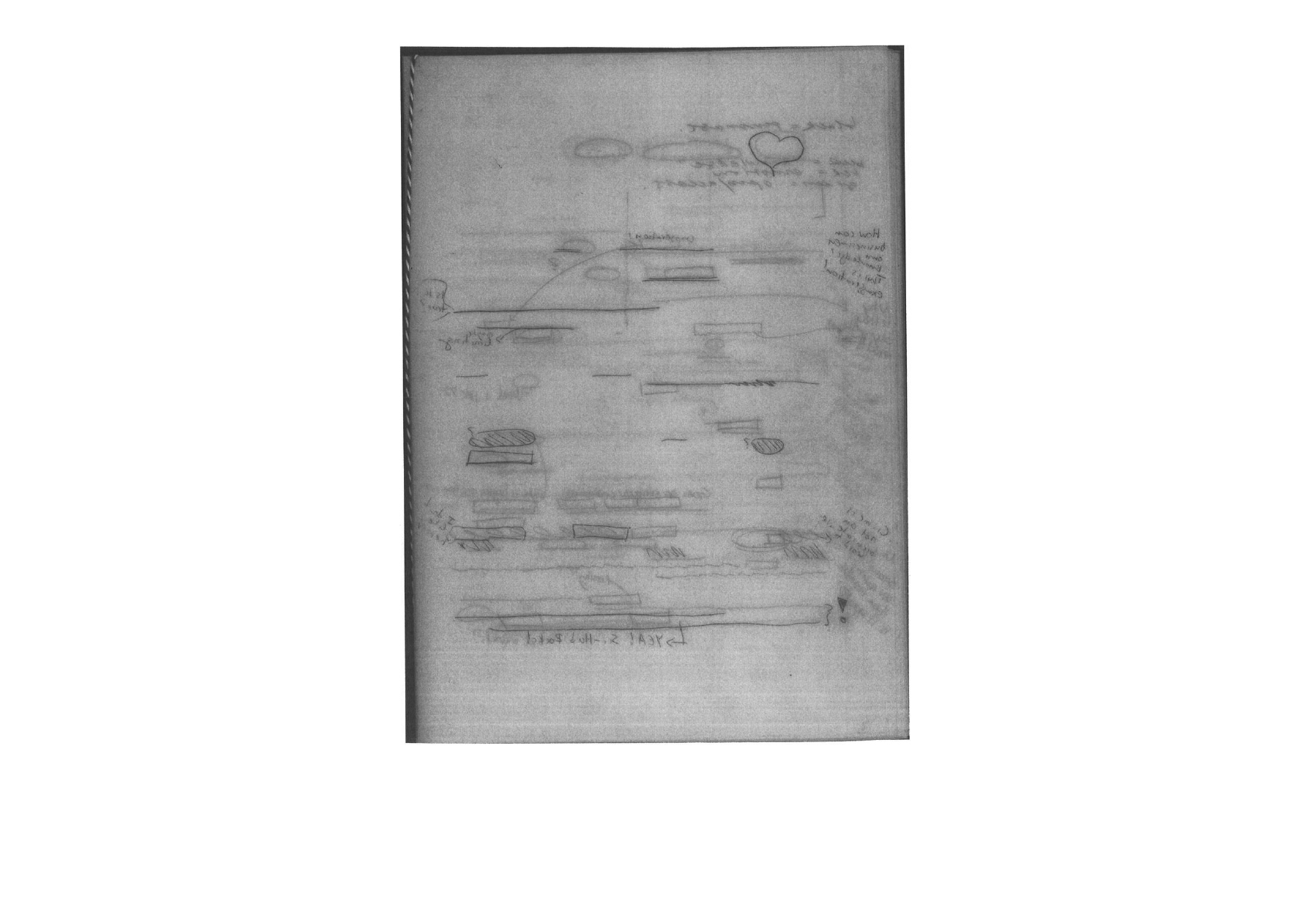annotating

see also *A note to the reader, glossing, producing texts, inter-depending
Marks left by readers are at times recognisable as annotation: underlines, asterisks and notes scribbled in the margins that all add something to the text. Taken a step further, annotation can include metadata (information about information), which is most commonly text that describes the author and subject, and bibliographic details needed for citation purposes. Collectively, these forms of annotation indicate the presence of readers, making them visible to each other. Annotation lives in close proximity to the text. When it is separated from the text, it becomes unfixed, losing its symbolic power to remind us that other readers have also been here.
Image: Tracing paper bearing carbon-copied annotations from Marginal Conversations, a workshop first held by Simon Browne, Paloma García and Artemis Gryllaki at Leeszaal Rotterdam West, 20 June 2019
